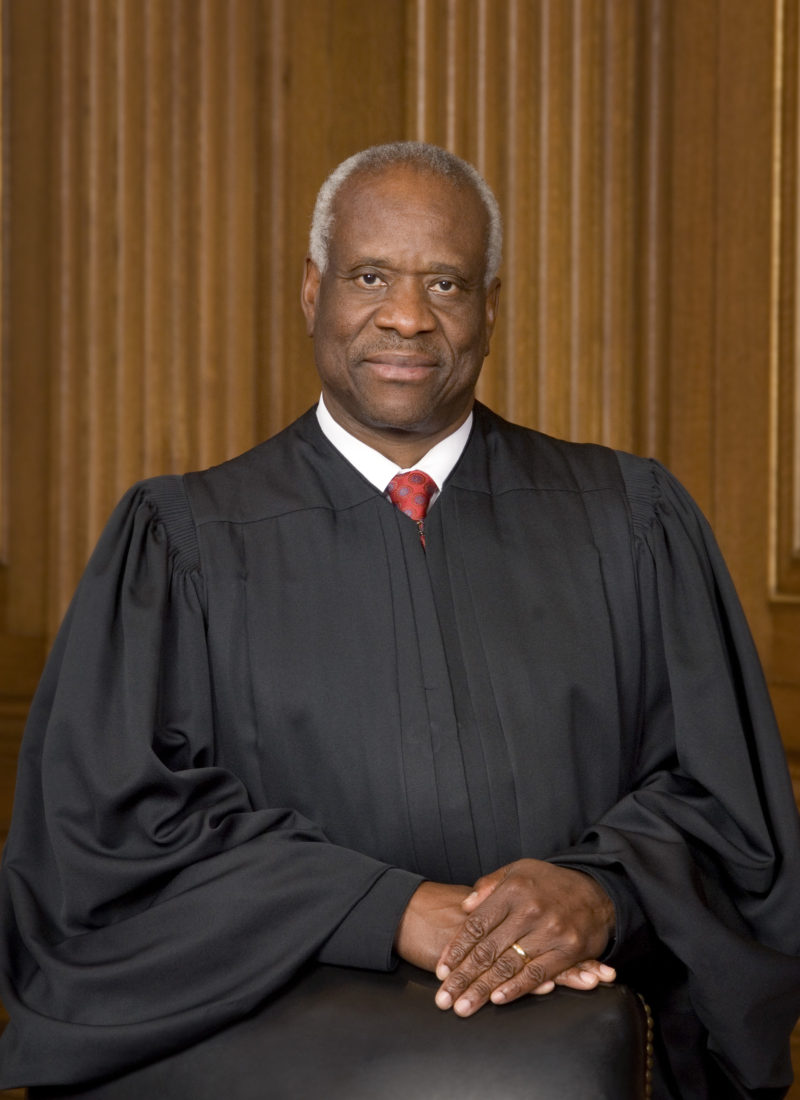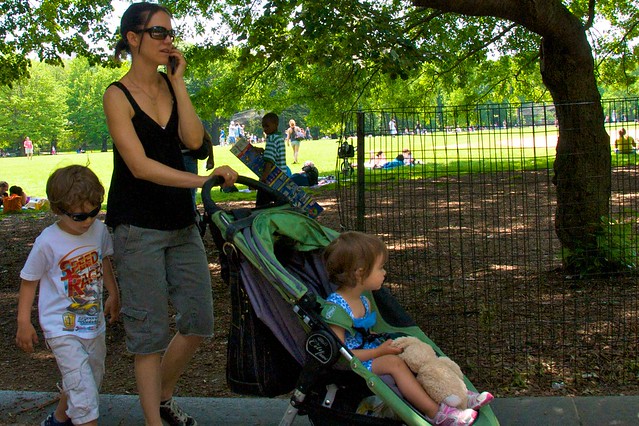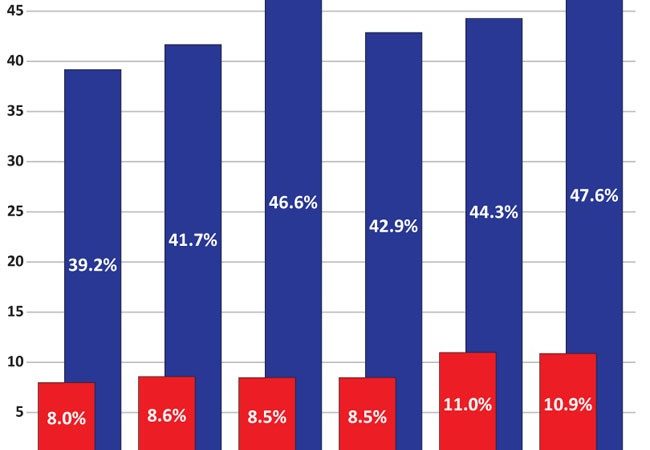We all have heard about the importance of the father’s presence in the home, about the horrible consequences when husbands and fathers go AWOL. The above graphic from fathers.com says it all.
A home without a father averages about four times the poverty rate of a two-parent household. Levels of drug and alcohol abuse and even suicide are higher in fatherless households. Seventy-one percent of children without a father at home drop out of school before finishing twelfth grade.
These are just some of the consequences for children whose fathers are not in their lives. For more on this go to fathers.com.
 US Supreme Court Justice Clarence Thomas understands firsthand the importance of having a father in one’s life. Born into an impoverished black household in the rural south, abandoned first by his father and then his mother, Thomas was raised by his grandparents, Myers and Christine Anderson. As an adult, Thomas says that he owes all that he is to his grandfather, who poured out his life into the young boy. In his book Clarence Thomas and the Lost Constitution, Myron Magnet writes,
US Supreme Court Justice Clarence Thomas understands firsthand the importance of having a father in one’s life. Born into an impoverished black household in the rural south, abandoned first by his father and then his mother, Thomas was raised by his grandparents, Myers and Christine Anderson. As an adult, Thomas says that he owes all that he is to his grandfather, who poured out his life into the young boy. In his book Clarence Thomas and the Lost Constitution, Myron Magnet writes,
Thomas and his siblings constitute a natural experiment in the effects of such a caring, supervised, value-laden upbringing, compared with a more typical poor, fatherless childhood. It is the difference between freedom and victimhood.
What is the difference between a life of freedom and victimhood? Too often it is simply a father in the house.
Do we need more mothers in the workforce?
But what about absent mothers?
We celebrate the achievements of “women in the workforce,” the numbers of women working in the marketplace and women breaking the glass ceiling in their industries. But modern feminists have a goal of more and more women in the workforce, of women achieving salaries and power as high as those of men.
But what is the effect on children of more women in the workplace? That question seldom gets asked. Yes, just as there are consequences for children when the father abandons the home, there are equally devastating consequences for children when motherhood is replaced by money as the highest value in a culture.
A mother’s (and father’s) presence makes a huge impact
Someone needs to connect the dots between more women in the workplace—and thus out of the hearth—and the consequences for children. Thankfully documentation has begun with Erica Komisar’s book, Being There: Why Prioritizing Motherhood in the First Three Years Matters. Komisar’s years of experience in parent and family counseling has led her to a profound understanding of the nurturing relationship and responsibility between a mother and her child.
Sometimes when I press my patients to recall painful childhood experiences, they argue that they never really had any. “I had enough food, a nice home, my parents gave me lots of stuff and sent me to good schools. So what do I have to complain about?” Of course, these things are wonderful (and in the case of enough food, essential). But they are not replacements for a lack of emotional connection, affection, and security, or a child’s feeling that he is not interesting or important because that is how he sees himself in his mother’s eyes, which is the most common root cause of emotional disturbance, mental illness, and social disorders. For the past thirty years, researchers have been studying mothers and children across different cultures, and their findings have confirmed what I and my fellow psychoanalysts and therapists have seen in our practices: that infants and toddlers who have the constant and consistent presence of an attentive and sensitive mother are more likely to be emotionally and psychologically healthy children and adolescents.
Being there emotionally
Children need their mother’s presence and attention to develop into healthy children and adults. This is an observation by researchers, psychoanalysts and therapists across cultures. Komisar continues,
I see many children on the streets of New York in their strollers, facing away from their mothers or nannies who are on their cell phones or who look disengaged themselves; they are anything but present. The babies have a glazed look in their eyes, which is the result of feeling disconnected from the person who is central to their secure attachment. This kind of emotional withdrawal is the basis for depression in older children, adolescents, and adults.
 It is not merely that more and more mothers abandon their children for work, but often even when they are physically present, they are “not there.” They are on their phones or computers, their attention is elsewhere. This has an impact on the infant, the child and adolescent, and ultimately the adult. Komisar writes: “There has been a dramatic increase among adolescents in alcoholism and drug addiction, eating disorders, depression, and anxiety.”
It is not merely that more and more mothers abandon their children for work, but often even when they are physically present, they are “not there.” They are on their phones or computers, their attention is elsewhere. This has an impact on the infant, the child and adolescent, and ultimately the adult. Komisar writes: “There has been a dramatic increase among adolescents in alcoholism and drug addiction, eating disorders, depression, and anxiety.”
Why do so many teens and young adults seem “lost?” What explains the violence, the addictions, the higher and higher dropout and suicide rates? Whence the confusion about who they are, the confusion about their gender”? Could all this be rooted in the absence of a father or a mother or both in their younger years?
It’s easy to blame our children’s problems on the schools, the government, etc., easy to seek solutions in such structures. Perhaps the solution is much closer to home. Perhaps it is simply for a mother or father to be there, to actually be present in the life of the child, not just physically, but relationally, emotionally, wholistically. Maybe that’s why God made moms and dads!
- Darrow Miller






